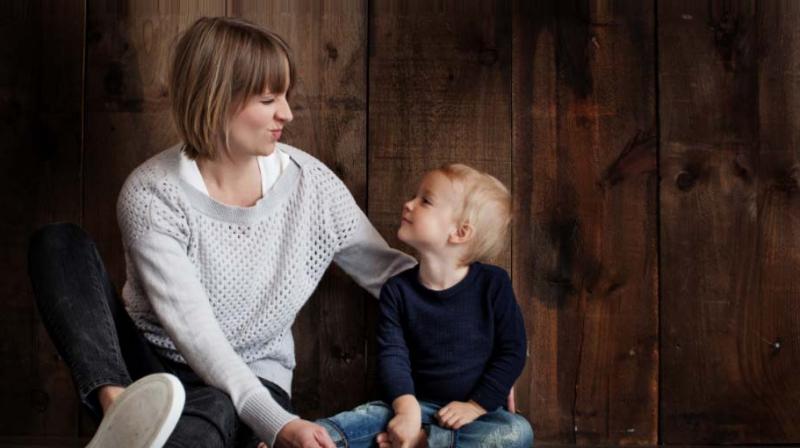Talking the tough talk
Talking to your kids about sexual abuse is never easy, but experts suggest laying the foundation for it from the very beginning.

The murder of a seven-year-old child in a New Delhi school has set the country on edge. Reports emerging after the attack have claimed that the accused had also allegedly attempted to sexually assault the boy, before slitting his throat. The incident has once again brought focus to the fact that regardless of age, children must be informed about recognising the signs of sexual assault.
Dr Rajan Bhonsle, HOD, department of sexual medicine at KEM Hospital and GS Medical College, says that parents must lay the foundation of explaining abuse even when the child is learning to talk. “When children are growing, it’s important you teach them correctly the names of all body parts. If you can tell them the eyes are called eyes, and the nose is called nose, don’t hesitate to explain the penis to the boys and the vagina to the girls. Choosing not to talk about private parts makes them feel that there’s shame associated with these parts, and that enables abusers.”
There need not be a script when talking to your child about sexual abuse, asserts life coach Chetna Mehrotra. “Your kids are smart enough to pick on subtle hints. Even as you keep the conversation light and easy, use appropriate language for body parts, instead of using words like ‘pee-pee’ or ‘poo-poo’. Children know their private parts and you must help them identify what they are called in day-to-day language. One can be slightly straightforward and get the point home,” she explains.
And while on the topic of correct terminology, Dr Bhonsle explains that one must use ‘appropriate and inappropriate touch’ instead of ‘good touch and bad touch,’ while talking to the child. “Very often, the so-called touch by the abuser could be pleasurable to the child. So, they may think it’s a good touch, even if it’s inappropriate. Many times these abusers could be family or tuition teachers who are every gentle with the child generally, and even while the abuse is taking place, they need not be very violent. They’re gentle with the child because they want to win the trust of the child, letting the abuse continue,” he says, setting the record straight.
But can the knowledge of sexual abuse and assault overwhelm a child, when told about at such a young age? No, says Chetna. “Kids can store more information than we can imagine. Therefore, it won’t be overwhelming for them. Small children are already aware of the private parts and that they are to be protected in front of others. All you need to do is to let them know how to protect them,” she says. “Kids don’t fear unless they are programmed to be fearful. However, they should be told to inform their parents at home as soon as any such thing remotely occurs. They should also be taught to shout their lungs out in such a scenario. This will get into their muscle memory and they won’t be easy prey anymore for the predatory hyenas out there.”
The mantra is “resist bravely and report immediately” says Dr Bhonsle. “The resistance need not even be too hard. Most times when the abuser realises the child knows the names of the body parts and knows what is happening is wrong, and that they can’t be tricked into thinking this is a game, they stop,” he concludes.

